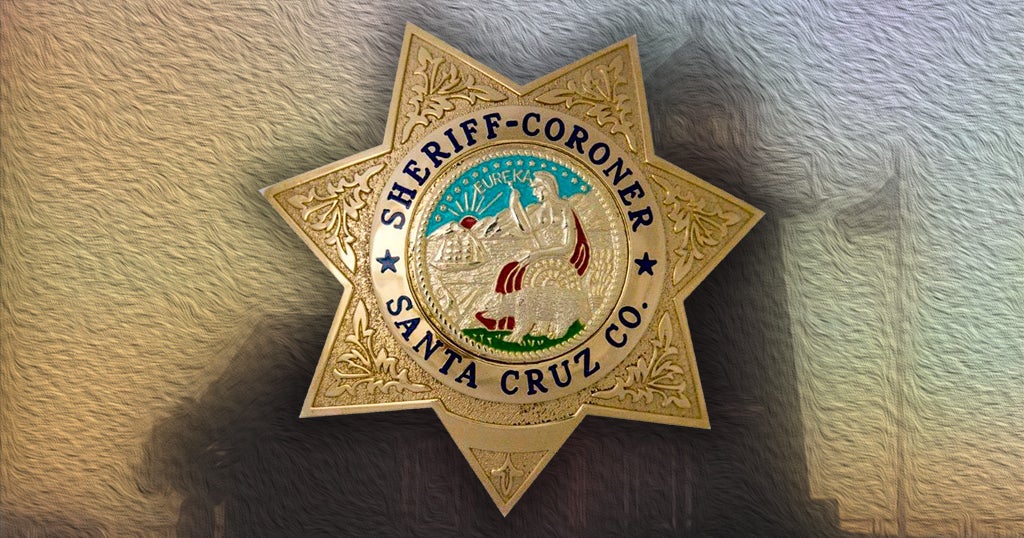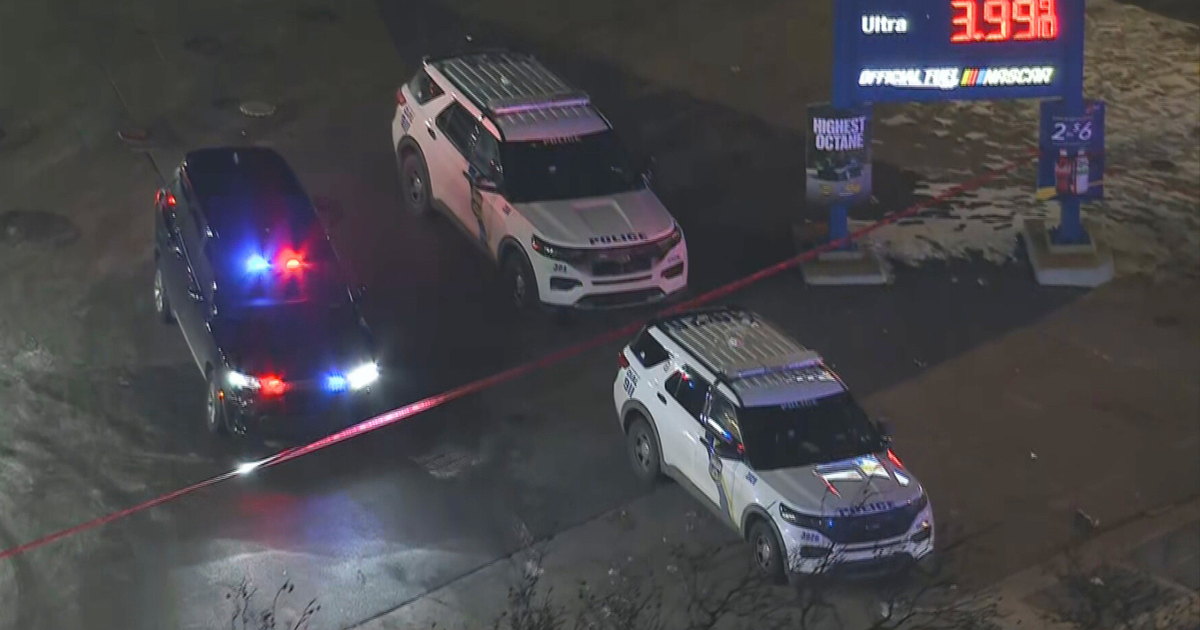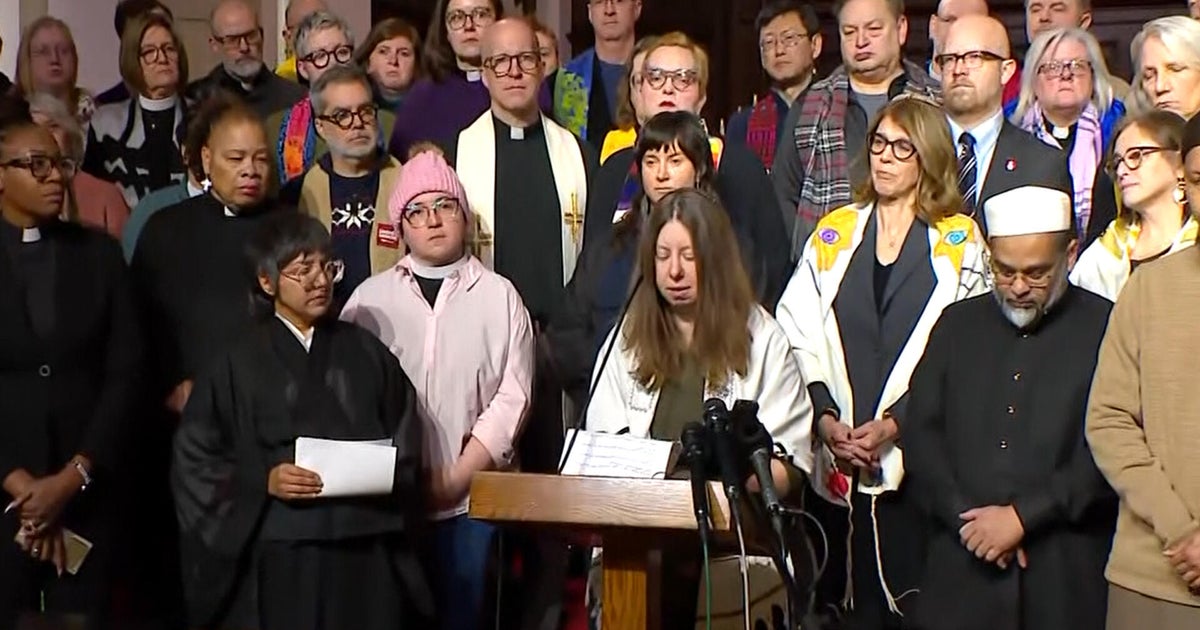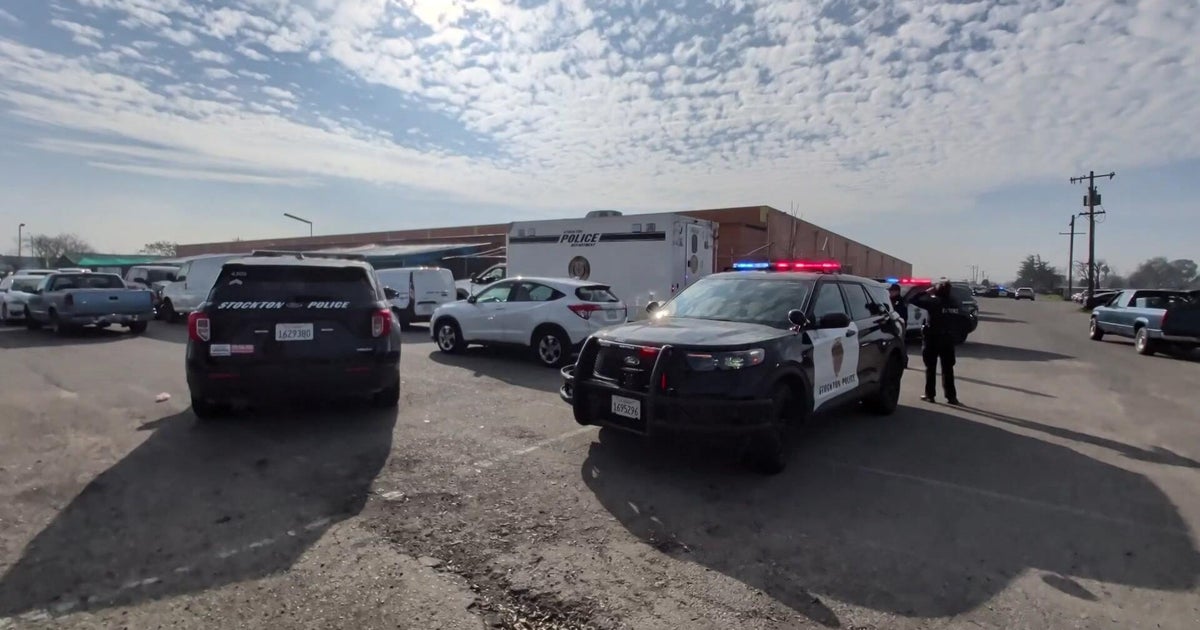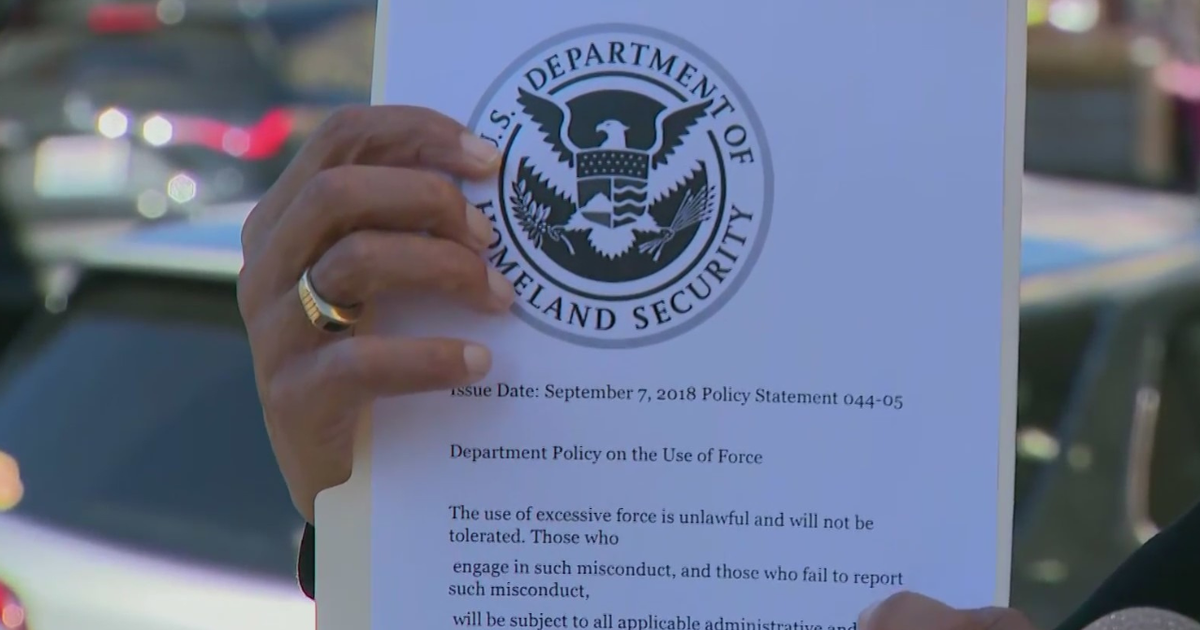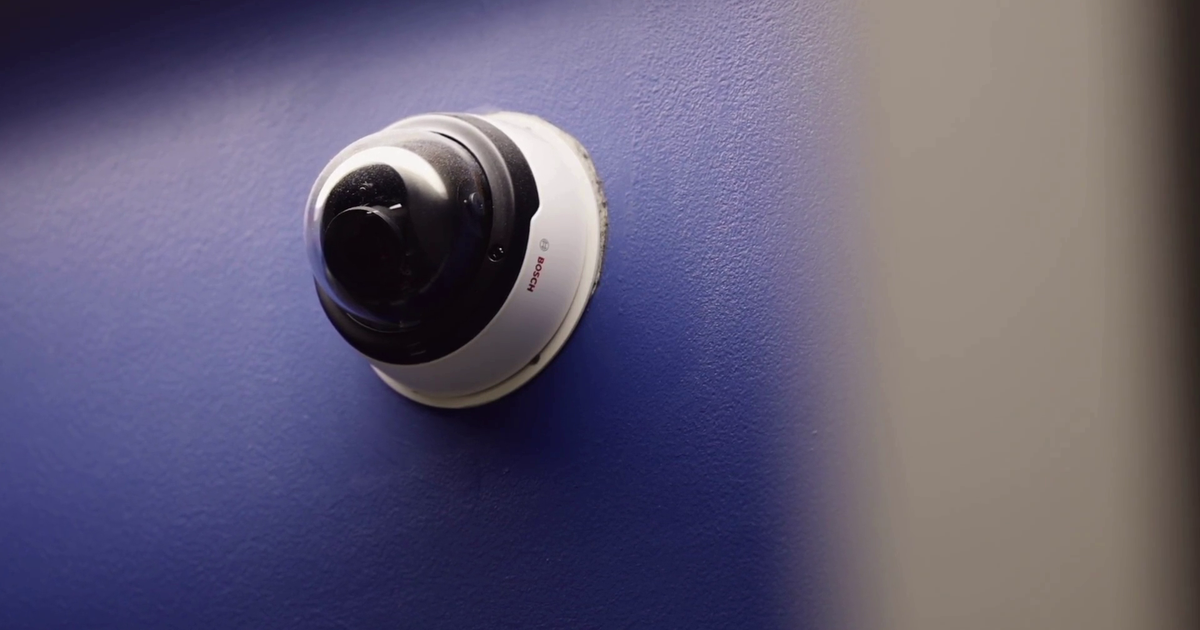WCCO investigates felons with firearms and the push to prosecute them
MINNEAPOLIS — Our community has rallied in support of our first responders after two high-profile killings since the beginning of the year.
Three were killed in Burnsville in February, and a Minneapolis officer was shot to death in May. The shooter in each case was a felon prohibited from having a gun. So what's being done about the problem? And who's feeling the impact the most?
LaTanya Black grieves her daughter Nia's death deeply.
"These are things I've hung on to, because when your child is gone or any loved one, all you have are memories," Black said.
The professional make-up artist was just 23 when a felon who shouldn't have had a gun tragically took her life, shooting into the car she was riding in as it sped away from a fight in a St. Paul parking lot in 2020.
"Someone took her life. She had dreams, admirations, aspirations. She had all of that you know she still had fight, tenacity, energy," Black said.
The shooter has a criminal history involving guns, including shooting another person in the same parking lot six years earlier.
It's this type of case, a felon who has a firearm and uses it to harm, that has everyone from police to prosecutors working together to combat violent crime.
U.S. Attorney Andrew Luger says his office prioritizes the most violent offenders.
"If an individual is a suspect in number of murders or shootings, or carjackings, but witnesses are reluctant, it's tough to get the case made as a homicide or a carjacking or even robbery. Sometimes you go to the simplest solution which prosecutors, both state and federal will do. Felon in possession a very simple, simple solution and a simple case to prove," Luger said.
In the past five years, federal prosecutors charged more than 450 felon in possession cases.
"Often we can get more prison time, or certain prison time, and for the right type of defendant, we want to do that," Luger said.
State cases make up the majority of felon in possession charges, with county attorneys charging more than 8,000 in the past five years in Minnesota. The highest number being in the state's largest county, Hennepin, followed by Ramsey County. So far, roughly 30% of those charged have been convicted.
"Felons in possession of a firearm have previously shown that they're not making responsible decisions," University of Minnesota law professor Megan Walsh said.
Walsh runs the gun violence prevention law clinic. Students defend the state's gun laws, with a large portion being felon in possession cases.
"Public safety," Walsh said when asked what is at stake.
No one knows that more profoundly than Black.
"If I speak to Nia's case, absolutely not. He never should have possessed the weapon because he had a proven track record of what he would do with one. And it just escalated and became more and more from someone being shot next to him, to he shot someone, to he killed someone," Black said.
So far this year, Luger's office has secured several nine- and 10-year sentences for felons in possession of a firearm. The maximum is 10 years. Felons face up to five years for state convictions.
So how do felons get guns? Many are obtained illegally on the street, some are ghost guns, others are straw purchases. That's when someone illegally buys a gun for a prohibited person.

